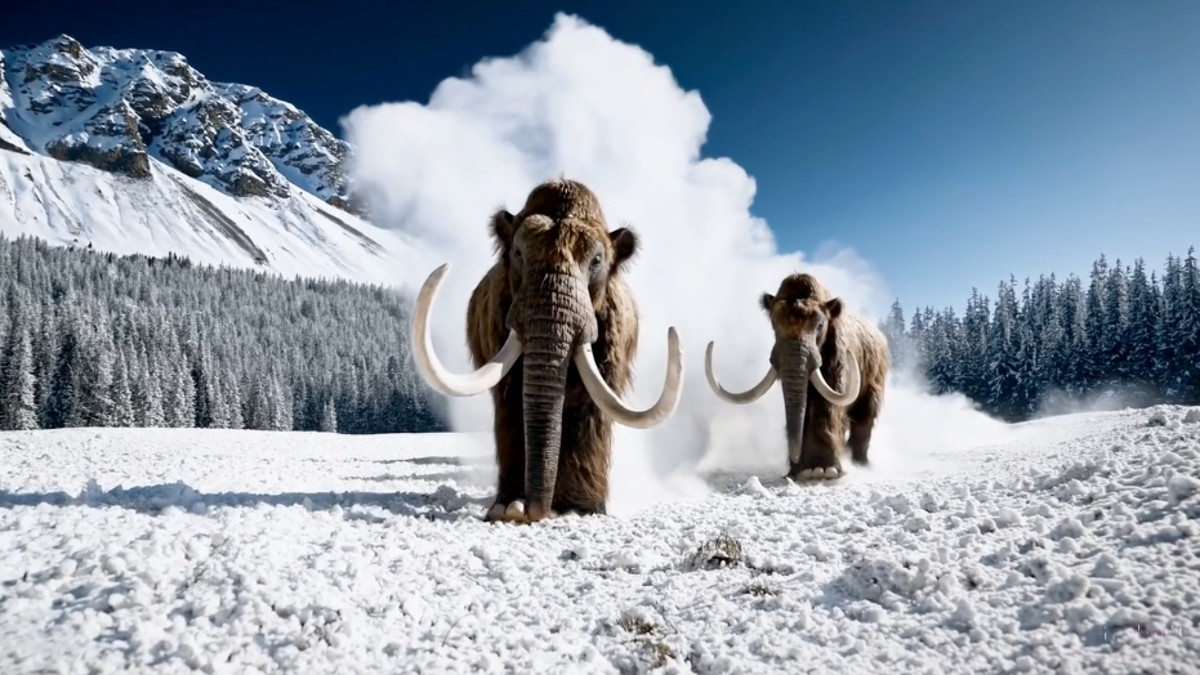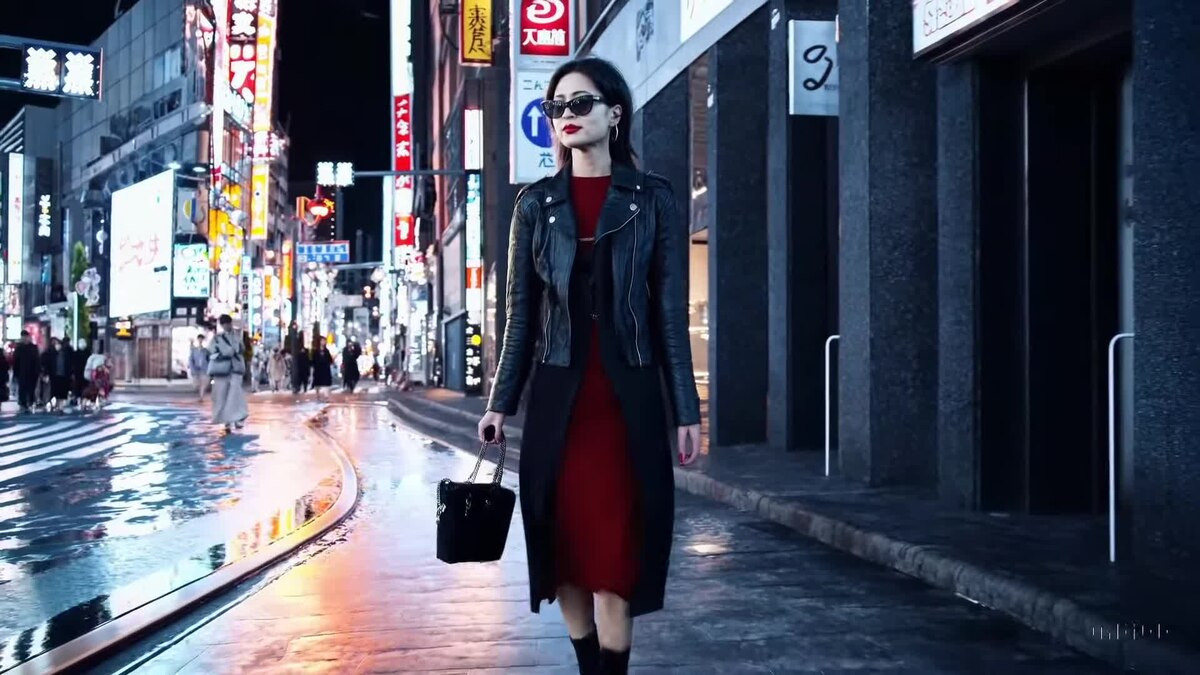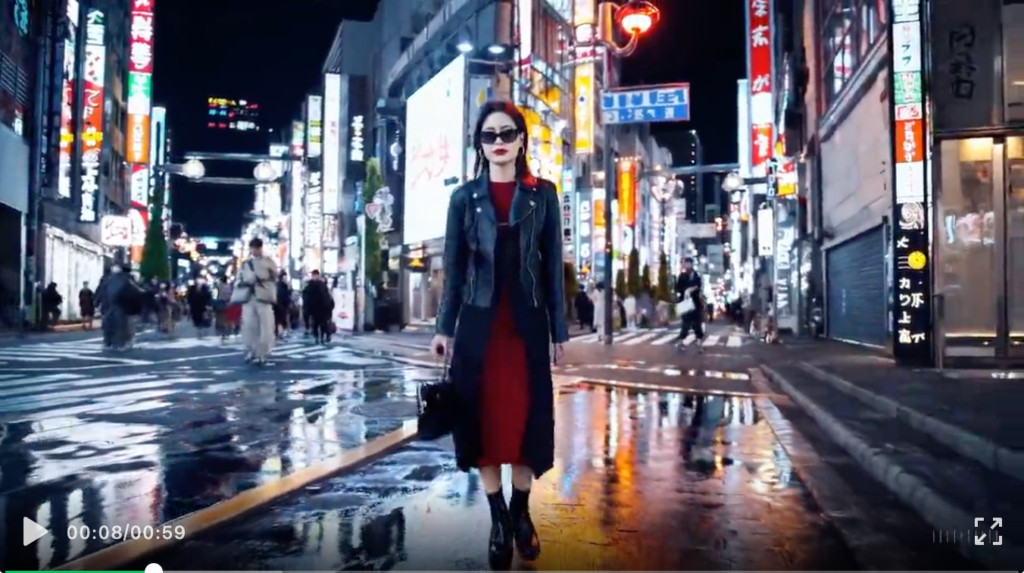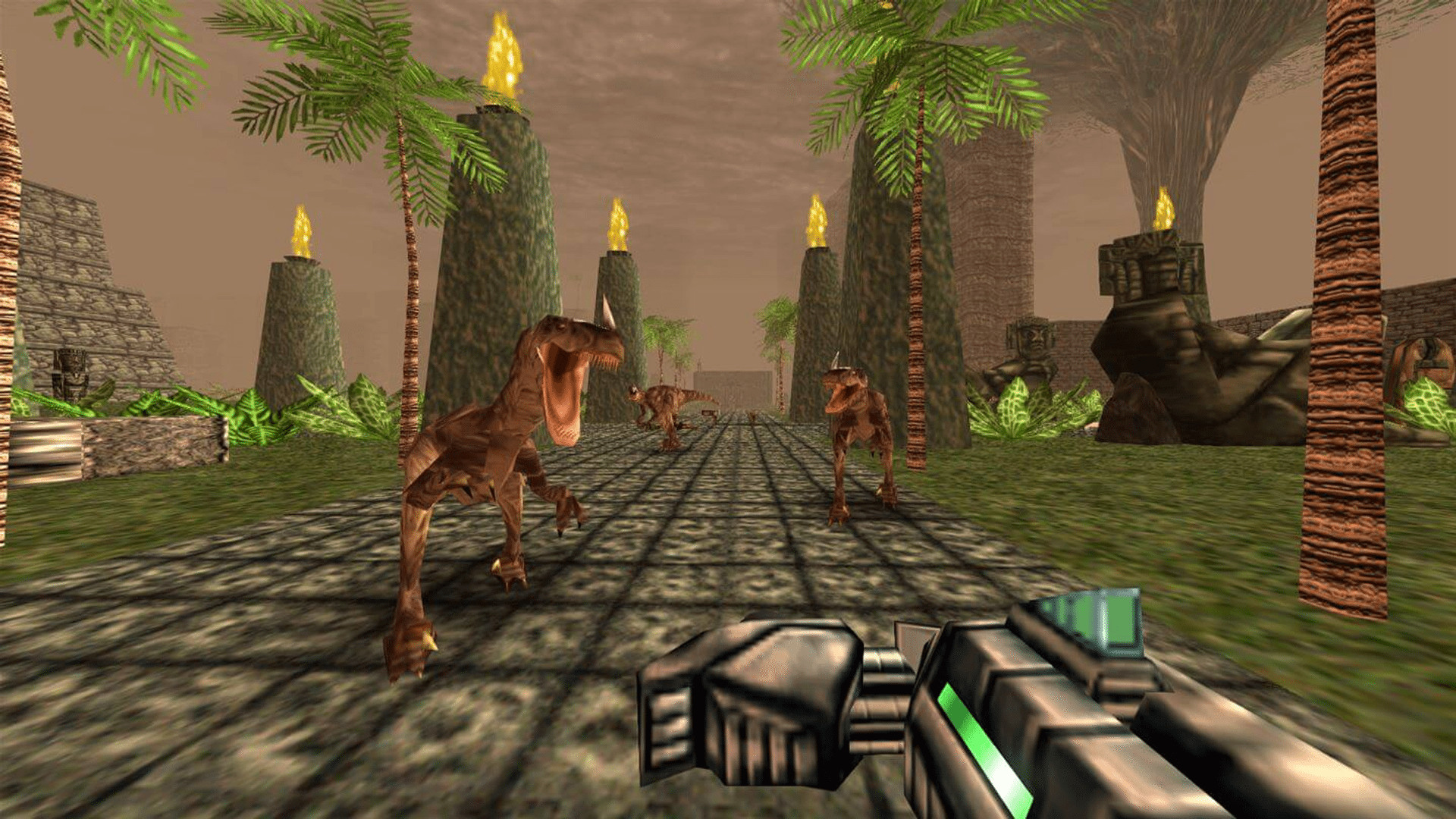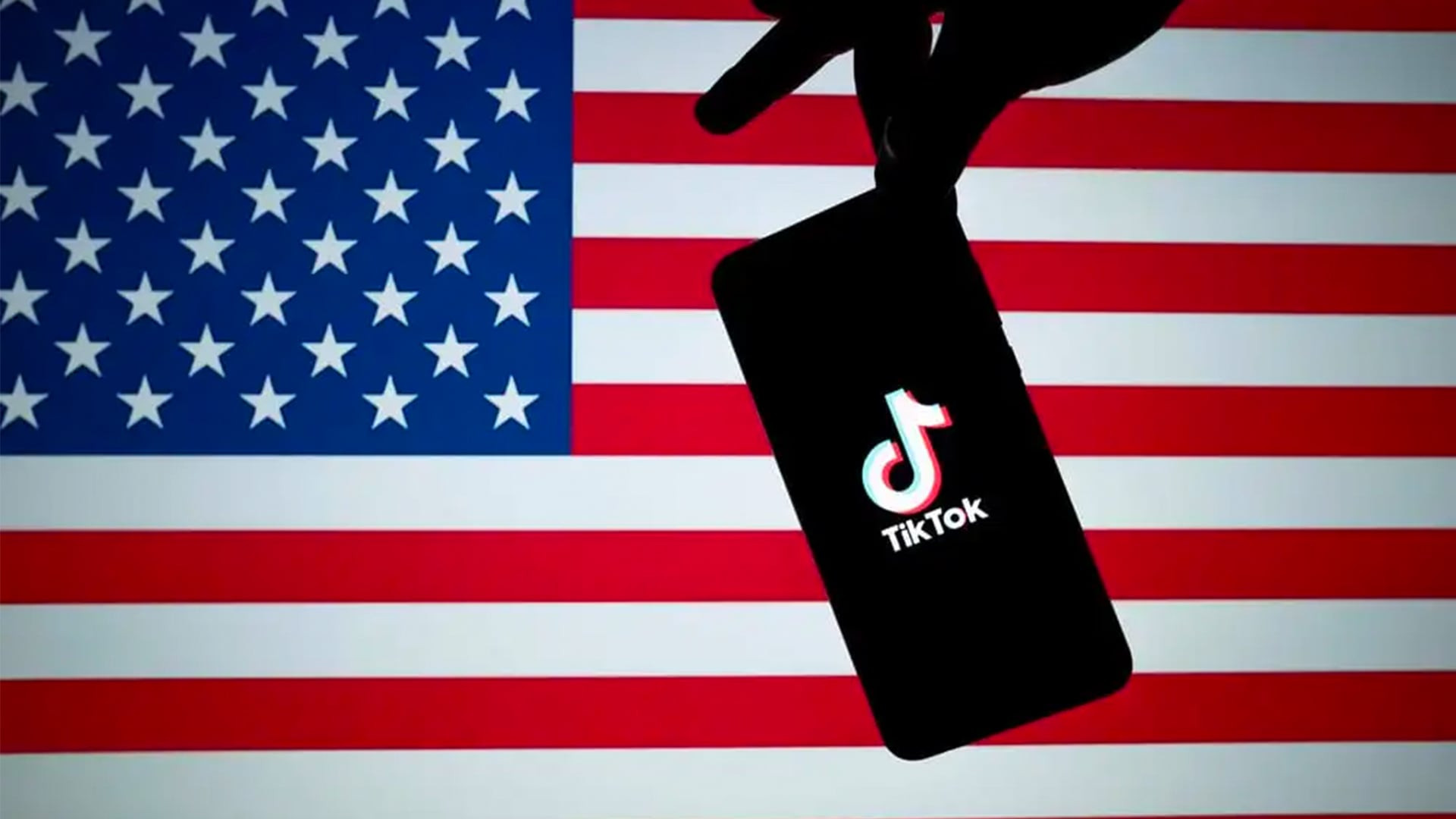OpenAI's Sora Turbo, a groundbreaking text-to-video (T2V) AI model, has ignited a fervent debate in the tech world. Its ability to generate high-quality videos from simple text prompts is astonishing, but its training data—which may include unauthorized game footage—has sparked significant legal controversy.
Sora Turbo's capabilities are undeniably impressive. From a text prompt or even an image, it creates videos up to 20 seconds long, in various aspect ratios and resolutions. Early tests suggest an extensive understanding of gameplay mechanics, potentially derived from copyrighted material like Twitch streams and game walkthroughs. This raises concerns about copyright infringement, particularly if OpenAI develops more interactive experiences based on Sora.
The Legal Tightrope: Copyright and Fair Use in AI Training
OpenAI's opaque data sourcing practices have fueled the debate. While they acknowledge using “publicly available” data alongside licensed materials, the exact sources remain undisclosed. This lack of transparency, coupled with evidence suggesting the use of copyrighted video game content in Sora's training, leaves OpenAI vulnerable to legal challenges. As Joshua Weigensberg, an IP attorney at Pryor Cashman, aptly notes, “Companies that are training on unlicensed footage from video game playthroughs are running many risks.” Training generative AI often involves copying training data, which, in this instance, likely includes copyrighted game footage.
The Core Issue: Copyright Infringement
The legal issues extend beyond the use of game content in the training data. Generative AI models like Sora Turbo are probabilistic; they learn patterns in data to make predictions, but this can lead to the near-replication of training examples when prompted specifically. This has upset creators whose works have been used without permission, resulting in numerous lawsuits against various AI companies. These legal battles highlight the difficulties in balancing innovation with intellectual property rights.
The Complexity of Game Content
Evan Everist, an attorney specializing in copyright law, highlights the unique challenges of using video game playthroughs. He points out that such videos typically involve multiple layers of copyright protection: the game itself, the unique video recording created by the player, and, in some cases, user-generated content within the game. A video of a Fortnite playthrough, for example, might involve three copyright holders: Epic Games, the map creator, and the player recording the footage.
Navigating the Legal Landscape: Potential Outcomes and Mitigation
While AI companies have often invoked fair use protections, claiming their models create transformative, not plagiaristic works, the situation for game content is more complex. The courts could potentially find in favor of AI companies, citing the transformative use of the data. However, this doesn't eliminate the risk of individual users facing liability for publishing or incorporating copyrighted works from a generative model. Furthermore, the output might infringe trademarks or name, image, and likeness rights, exposing users and companies to additional risks.
The Implications of World Models and Interactive Games
The growing interest in world models, of which Sora Turbo is an example, presents another layer of complexity. The potential to generate video games in real-time raises concerns of potential legal issues if the synthetic games produced closely resemble the content used in the training data. As Avery Williams, an IP trial lawyer at McKool Smith, emphasizes, “Training an AI platform on the voices, movements, characters, songs, dialogue, and artwork in a video game constitutes copyright infringement.”
The Future of AI Video Generation: Responsibility and Regulation
Sora Turbo's launch marks a significant milestone in AI video generation, but also presents a crucial moment for society to consider the ethical and legal implications of this technology. The potential for creating realistic deepfakes, easily distributed and extremely difficult to detect, is alarming. While AI companies are attempting to mitigate these risks through watermarks and content restrictions, more robust measures, including possible regulations, may be needed to balance technological advancements with the protection of intellectual property and the prevention of malicious misuse.
OpenAI’s acknowledgment of this challenge is telling. Their statement, “We’re introducing our video generation technology now to give society time to explore its possibilities and co-develop norms and safeguards that ensure it’s used responsibly as the field advances,” underscores the importance of a proactive and collaborative approach to navigate this complex technological terrain. The future of AI video generation hinges on responsible innovation and the development of effective safeguards to ensure its ethical and legal usage. The ongoing conversations about AI ethics and potential legal frameworks must continue to develop alongside the advancements in the technology itself, aiming for a future where AI creativity and societal well-being coexist harmoniously. The journey ahead is complex and demands careful attention to ethical and legal considerations as AI’s creative potential expands. The conversation about the implications of Sora Turbo and similar technologies is far from over, and the need for thoughtful discussion and informed regulations is more urgent than ever before. The path forward necessitates responsible innovation, safeguarding intellectual property, and fostering a future where technology serves society effectively and ethically.




